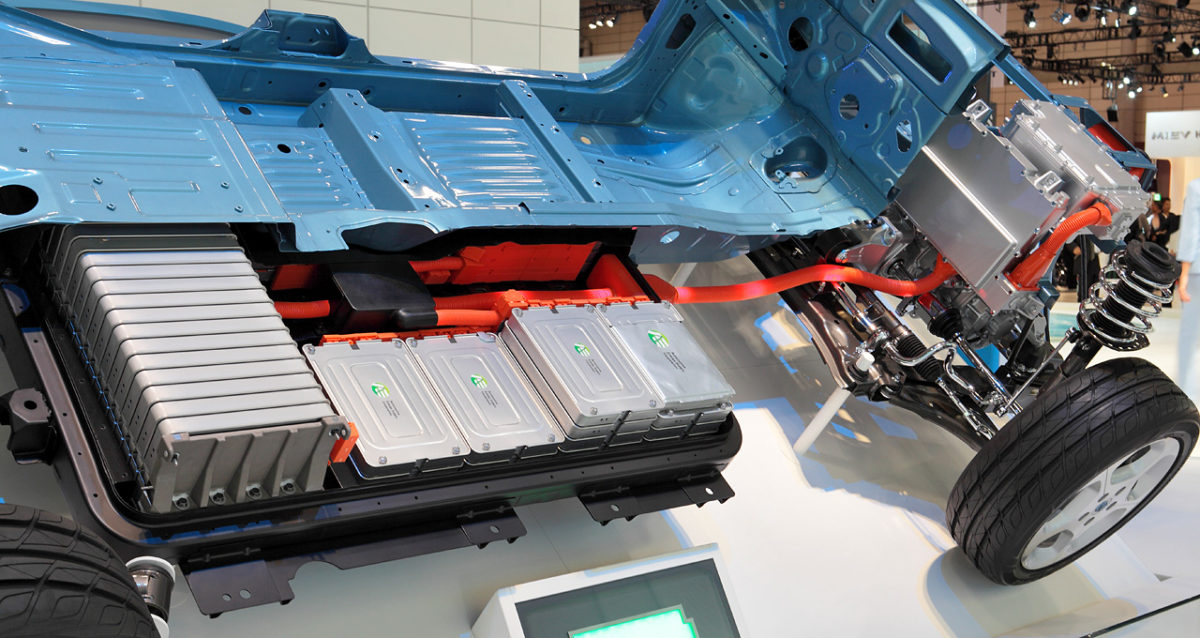From pv magazine India
An Indian Ministry of Heavy Industries tender to develop 50 GWh of advance-chemistry battery cell manufacturing units in India under its production-linked incentive (PLI) scheme has secured bids for 130 GWh of capacity.
Bids were received from a total of 10 companies, including Reliance New Energy Solar, Hyundai Global Motors, Ola Electric Mobility, Lucas-TVS, Mahindra & Mahindra, Amara Raja Batteries, Exide Industries, Rajesh Exports, Larsen & Toubro, and India Power.
Under the scheme, the selected bidders will have to set up manufacturing facilities within two years from the appointed date. The incentive will be disbursed thereafter over a period of five years on the sale of batteries manufactured in India.
The PLI scheme for battery storage is designed to ensure greater domestic value addition, while at the same time making sure that the levelized cost of battery manufacturing in India is globally competitive.
Popular content
“This is great news and a major milestone for the Indian energy storage and e-mobility industry,” said Rahul Walawalkar, founder and president, India Energy Storage Alliance (IESA). “IESA was anticipating two to three bids of 15-20GWh, three bids of 10GWh+, and another three to four bids of 5GWH to 10GWh totaling 100GWh+ capacity to be bid in the ACC PLI.”
IESA estimates the annual demand for ACC batteries in India will grow from less than 10GWh currently to more than 50GWh by 2025 and over 150GWh by 2030. Thus, the ACC PLI scheme will be seen as the foundation stone on which India builds a global hub for R&D and the production of advanced energy storage technologies, Walawalkar said.
“ACC PLI program also will kick start investments in the supply chain as the program has a mandate of minimum 60% domestic value addition for receiving the government incentive,” said Debi Prasad Dash, executive director of the India Energy Storage Alliance.
India imports millions of dollars of battery storage equipment per year. If advanced battery storage technologies can be manufactured domestically, the country will be able to significantly reduce its reliance on imports and become a key supplier for advanced storage technologies.
This content is protected by copyright and may not be reused. If you want to cooperate with us and would like to reuse some of our content, please contact: editors@pv-magazine.com.



5 comments
By submitting this form you agree to pv magazine using your data for the purposes of publishing your comment.
Your personal data will only be disclosed or otherwise transmitted to third parties for the purposes of spam filtering or if this is necessary for technical maintenance of the website. Any other transfer to third parties will not take place unless this is justified on the basis of applicable data protection regulations or if pv magazine is legally obliged to do so.
You may revoke this consent at any time with effect for the future, in which case your personal data will be deleted immediately. Otherwise, your data will be deleted if pv magazine has processed your request or the purpose of data storage is fulfilled.
Further information on data privacy can be found in our Data Protection Policy.